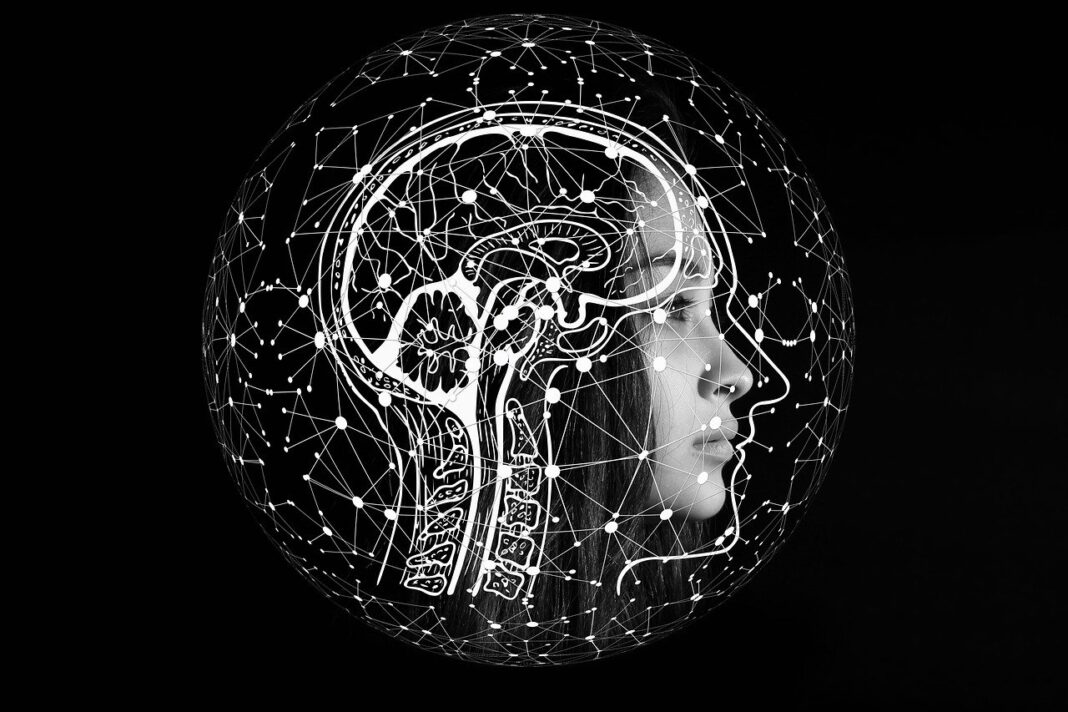Alzheimer’s is one of the most common types of dementia. It is a progressive disease that begins by affecting the parts of the brain that control memory, language, and thought. In medical terms, it can start out by affecting the entorhinal cortex and hippocampus but can later start affecting the cerebral cortex as well. Did you know that around 55 million people worldwide live with this disease? Alzheimer’s is commonly aimed at people of an older age but some rare cases prove that younger people can get it too. It is predicted by Alzheimer’s Disease International that by 2050, around 139 million people will be affected. Basically, Alzheimer’s is a type of dementia that affects the brain’s ability to properly function in society.
The most popular symptoms of early Alzheimer’s are:
- memory loss
- poor judgment
- taking longer than usual to complete daily tasks
- mood/personality changes
- increased anxiety or depression
Some more moderate signs of Alzheimer’s could include:
- Difficulty with language and articulation
- Increased memory loss and confusion (such as forgetting personal history)
- Difficulty organizing thoughts and thinking logically
- Hallucinations and impulsive behavior
The most severe symptoms could include:
- The inability to communicate,
- Seizures
- Loss of bladder control
- Zero awareness of one’s surroundings
At the moment there is no proper cure for Alzheimer’s. But doctors still can prescribe medicine that can temporarily reduce the symptoms. The main medicines are Acetylcholinesterase (AChE) inhibitors and Memantine. AChE is used to increase levels of acetylcholine, which is a substance in the brain that helps nerve cells communicate with one another. Memantine is different from AChE. It operates by blocking the effects of an excessive amount of a chemical in the brain called glutamate. Glutamate is a chemical inside your brain that sends messages between nerve cells in the brain. But if those cells are damaged by Alzheimer’s, a whole lot more damage could be done.
Researchers have made significant progress in developing, testing and validating biomarkers that indicate signs of the disease’s process. Scientists have also made advances in blood-based tests that can be used to screen volunteers for further research. In the future, it is hoped that these methods can and will be used to screen patients for both Alzheimer’s and dementia before the symptoms even appear. Other research includes population studies and precision medicine. By looking at large groups of diverse populations, researchers can discover which behaviour, genes, and lifestyle choices can lead to Alzheimer’s and dementia in the future. Some other possibilities they are looking into include “Lifestyle Interventions”, “Disease Pathways”, “Drug Discovery” and “Infrastructure Development”. Hopefully, researchers and scientists can figure out a cure for this disease before more and more have to suffer from it.
Mayo Clinic – https://www.mayoclinic.org/diseases-conditions/alzheimers-disease/symptoms-causes/syc-20350447
Centers for Disease Control and Prevention https://www.cdc.gov/aging/aginginfo/alzheimers.htm#:~:text=Alzheimer’s%20disease%20is%20the%20most,thought%2C%20 memory%2C%20and%20language.
Alzheimer’s Disease International https://www.alzint.org/about/dementia-facts-figures/dementia-statistics/#:~:text=There%20are%20 over%2055%20 million,and%20139%20 million%20in%202050.
National Institute of Aging (USA)
https://www.nia.nih.gov/health/what-are-signs-alzheimers-disease
Alzheimer’s Association
Alzheimer.gov (USA)
https://www.alzheimers.gov/taking-action/research-activities

